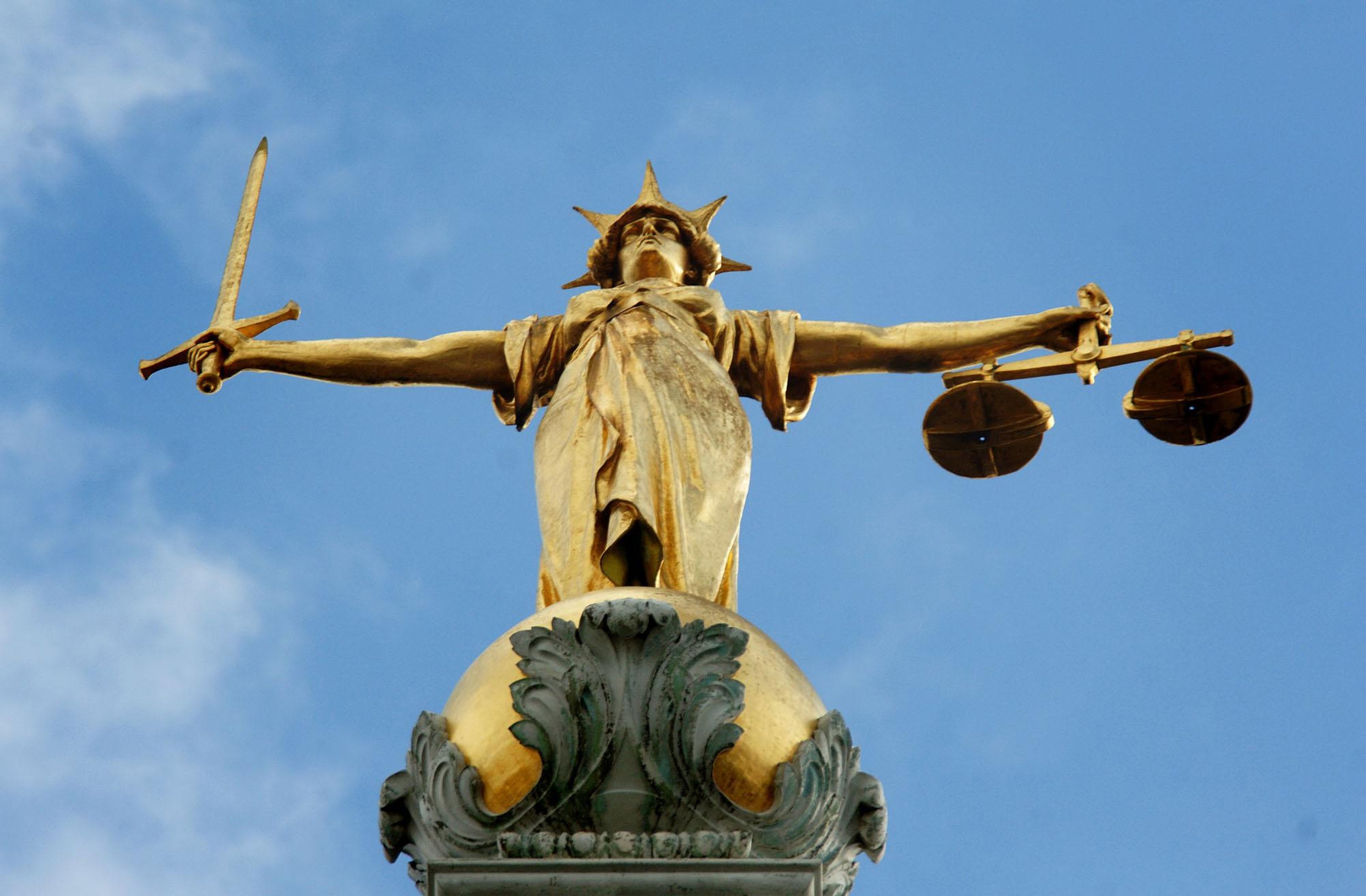First justice scorecards show worsening court delays for rape cases
The move, designed to give victims greater confidence to come forward, were included in the Government’s rape review.

Your support helps us to tell the story
From reproductive rights to climate change to Big Tech, The Independent is on the ground when the story is developing. Whether it's investigating the financials of Elon Musk's pro-Trump PAC or producing our latest documentary, 'The A Word', which shines a light on the American women fighting for reproductive rights, we know how important it is to parse out the facts from the messaging.
At such a critical moment in US history, we need reporters on the ground. Your donation allows us to keep sending journalists to speak to both sides of the story.
The Independent is trusted by Americans across the entire political spectrum. And unlike many other quality news outlets, we choose not to lock Americans out of our reporting and analysis with paywalls. We believe quality journalism should be available to everyone, paid for by those who can afford it.
Your support makes all the difference.Court delays in rape cases have worsened this year, according to the first scorecards setting out where the criminal justice system is “failing to deliver for victims”.
The performance ratings – published for the first time on Thursday – show “we are yet to see positive impacts” on how rape cases are being handled, the Government said.
It took, on average, more than 15 months (457 days) from a suspect being charged for an adult rape case to be concluded in a crown court during April to June, data shows.
This is compared to 373 days in January to March, meaning the delays increased by nearly three months (84 days). In 2019 it was 301 days.
The speed at which the Crown Prosecution Service (CPS) made a charging decision rose over the first six months of 2021 but in April to June still stood at 122 days (around four months) after receiving a referral from police. This is eight days longer than in 2019 (114 days).
The proportion of such cases which led to a charge fell from 4.1% in January to March to 3.6% in the following three months, but is still slightly higher than in 2019 (2.8%).
The backlog of adult rape cases waiting to be dealt with by crown courts was 1,309 in April to June – more than double the total for 2019 (621).
All the data contained in the scorecard – from the Ministry of Justice, the Home Office and the CPS – is already publicly available. The Government said it is collected in one place for the first time to make it more accessible and to provide future comparisons.
In a separate report, also published on Thursday, Justice Secretary Dominic Raab said the scorecards pinpoint “where the system is failing to deliver for victims”.
The six-month progress update on the Government’s first end-to-end rape review acknowledged the rape scorecards demonstrated “that we are yet to see positive impacts against key metrics in the system”.
Given that the purpose of these scorecards is to increase accountability and enable greater scrutiny of our justice agencies, we're concerned and disappointed with the way in which the data was presented
It added: “That is not surprising: we are still in the implementation phase of the review, and we have been upfront that the culture change needed – across the criminal justice system – is significant.
“However, we expect this to improve incrementally as the delivery of actions progresses.”
Speaking in the Commons last month, Mr Raab said the scorecards would aim to improve the Government’s dismal record on rape, giving “victims the confidence to come forward and get prosecutions to court”.
Deniz Ugur, deputy director of the End Violence Against Women coalition, said she was concerned about the way the data was presented.
She said: “Given that the purpose of these scorecards is to increase accountability and enable greater scrutiny of our justice agencies, we’re concerned and disappointed with the way in which the data was presented.
“The data contained comparisons with inconsistent baselines (2016 and 2019) and reporting periods (annual as well as quarterly data periods), and calls into question whether the data was presented in this way to distract from and obscure poor performance in charging, prosecution and convicting rape.
“It is critical for public accountability that such important data is presented transparently and clearly, with due consideration for accessibility, including the needs of disabled women and those with English as a second language.
“We urge Government to consult with expert women’s organisations and rethink their approach to the rape scorecards.”
Subscribe to Independent Premium to bookmark this article
Want to bookmark your favourite articles and stories to read or reference later? Start your Independent Premium subscription today.